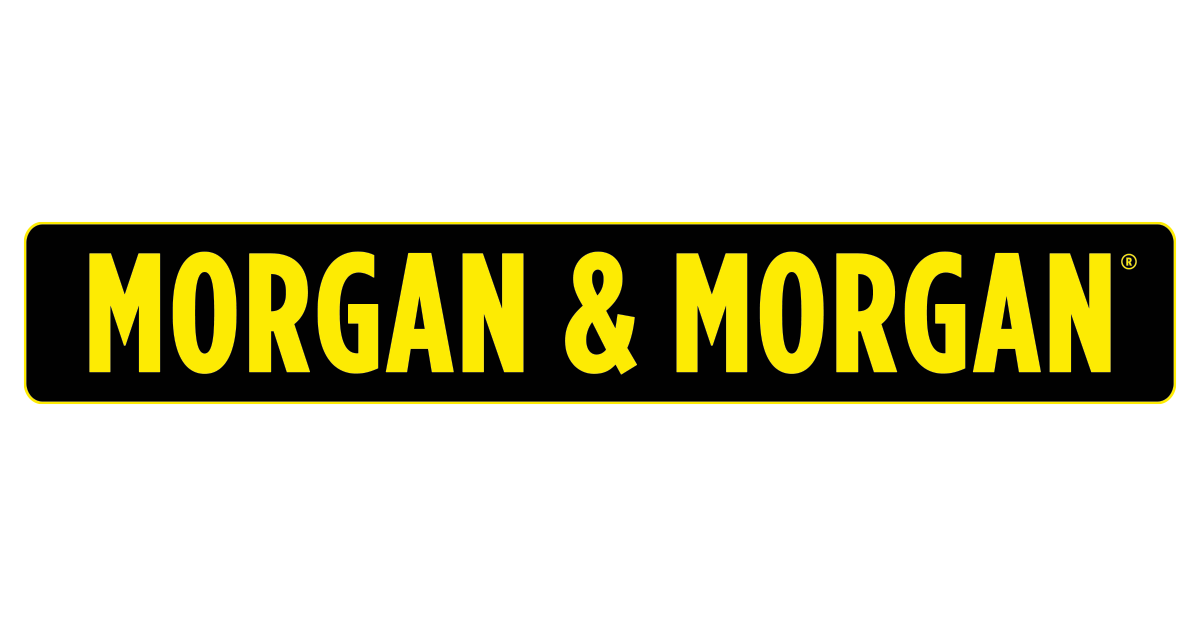
Personal Injury Trial Attorney (Bilingual Spanish)
At Morgan & Morgan, the work we do matters. For millions of Americans, we’re their last line of defense against insurance companies, large corporations or defective goods. From attorneys in all 50 states, to client support staff, creative marketing to operations teams, every member of our firm has a key role to play in the winning fight for consumer rights. Our over 6,000 employees are all united by one mission: For the People.
Summary
Ayúdenos a servir la población hispanohablante. Morgan & Morgan is seeking a bilingual Spanish litigator to join their elite plaintiff side Personal Injury team in Tampa. This high profile office has many of the firms most successful attorneys.
Get immediate responsibility on a high value caseload, the resources of the biggest PI firm in the country (marketing, Pre-Suit attorneys, support staff, operations), and the mentorship/culture that comes from working with a team of experienced trial lawyers.
No billable hours, no business development requirement. Take advantage of M&M's hundreds of millions in marketing and BD to build your own practice. Solos welcome.
For an info call please apply to this ad or email Senior Attorney Recruiter Henry Klein at hklein@forthepeople.com.
Benefits
Morgan & Morgan is a leading personal injury law firm dedicated to protecting the people, not the powerful. This success starts with our staff. For full-time employees, we offer an excellent benefits package including medical and dental insurance, 401(k) plan, paid time off and paid holidays.
Equal Opportunity Statement
Morgan & Morgan provides equal employment opportunities to all employees and applicants for employment and prohibits discrimination and harassment of any type without regard to race, color, religion, age, sex, national origin, disability status, genetics, protected veteran status, sexual orientation, gender identity or expression, or any other characteristic protected by federal, state or local laws.
E-Verify
This employer participates in E-Verify and will provide the federal government with your Form I-9 information to confirm that you are authorized to work in the U.S. If E-Verify cannot confirm that you are authorized to work, this employer is required to give you written instructions and an opportunity to contact Department of Homeland Security (DHS) or Social Security Administration (SSA) so you can begin to resolve the issue before the employer can take any action against you, including terminating your employment. Employers can only use E-Verify once you have accepted a job offer and completed the I-9 Form.
Privacy Policy
Here is a link to Morgan & Morgan's privacy policy.
Apply for this job
*
indicates a required field